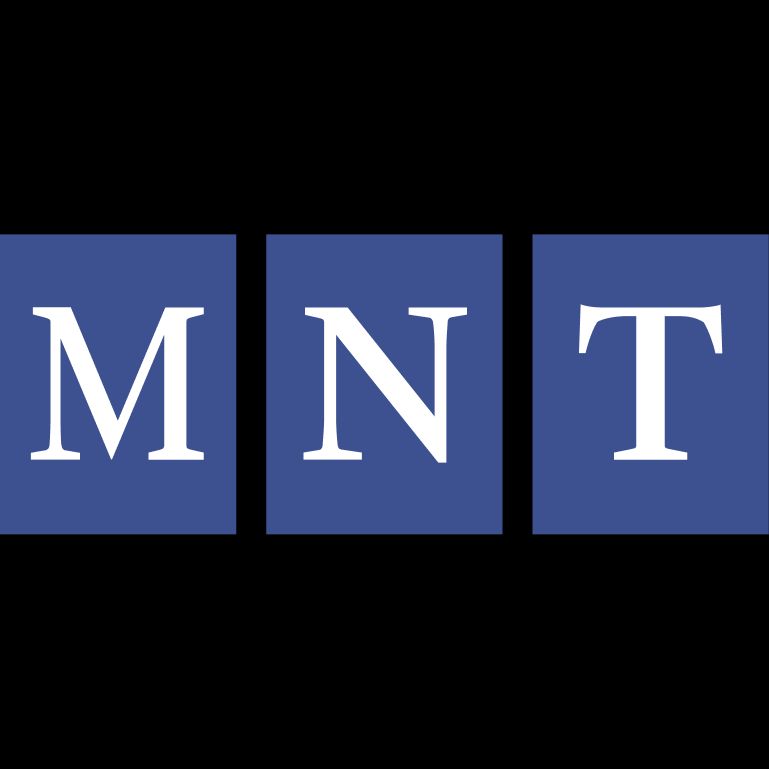Taiji Rebel
2nd Black Belt
You are mistaken in thinking these are alternative therapies - they are complementary and work in conjunction with conventional western methods.Can you give me their details? I would like to write to the health secretary and complain about this. Paying for alternative therapies which have absolutely no proven efficacy, in an NHS where chemotherapy etc is rationed due to financial constraints, is an absolute scandal!
There are many approaches to health, wellbeing and healing which benefit people. Traditional thinking is evolving and the world is changing for the better. You seem to be unhappy about and this is a real shame. Life is too short to hold on to negative energy and anger. Open your heart to the love of the world, see the magic and beauty wherever you go, and recognize there are many ways to benefit the health and wellbeing of people which stretch far beyond standard western medicine practices.
Last edited:






